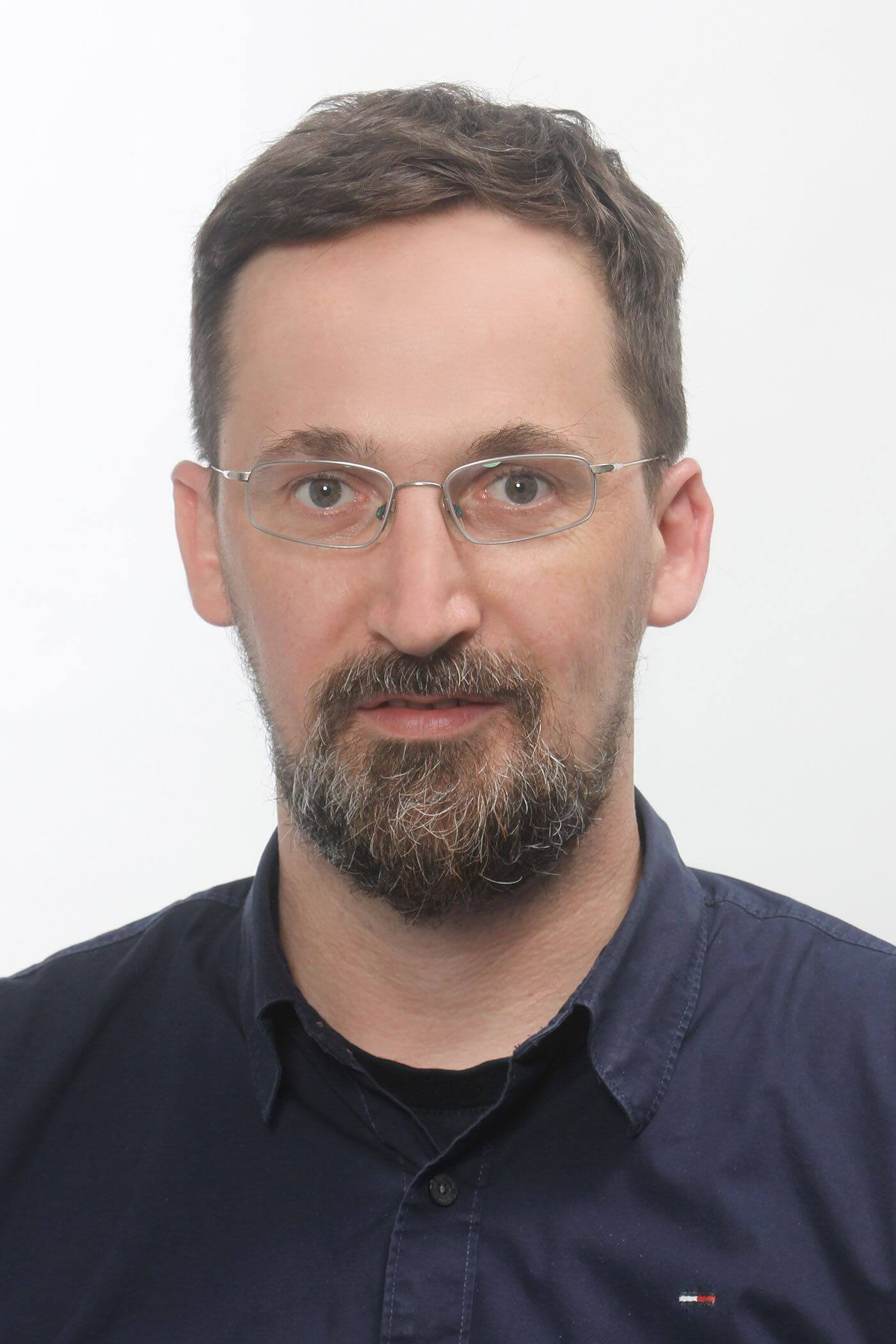Magnetoencephalography: Sensing the Magnetic Fields of the Human Brain
Details
| Presenter: | Markus Butz |
| Title: | Magnetoencephalography: Sensing the Magnetic Fields of the Human Brain |
| Affiliation: | Institute for Clinical Neuroscience and Medical Psychology, Heinrich-Heine-Universität Düsseldorf |
| Date: | 10.02.2022 |
| Time: | 16:00 h |
| Place: | Online via zoom |
Contents of the Talk
 Our brains are capable of perceiving external information, processing this information and reacting adequately within fractions of a second. This is implemented by tiny electric currents running through our nervous system. Magnetoencephalography (MEG) is a brain imaging technique, which enables us to study brain activity with a very high resolution both in time and space using superconducting quantum interference devices (SQUIDs). In this talk, I will present you the current state of MEG and provide examples, how MEG can be used to study cognitive tasks and neurological diseases. Moreover, I will give an outlook on how new types of sensors, the so-called optically pumped magnetometers (OPMs), may substantially advance the field in the near future. Finally, I will outline some initial thoughts on how magnetoelectric (ME) magnetic field sensors can potentially be used in clinical applications and neuroscientific research.
Our brains are capable of perceiving external information, processing this information and reacting adequately within fractions of a second. This is implemented by tiny electric currents running through our nervous system. Magnetoencephalography (MEG) is a brain imaging technique, which enables us to study brain activity with a very high resolution both in time and space using superconducting quantum interference devices (SQUIDs). In this talk, I will present you the current state of MEG and provide examples, how MEG can be used to study cognitive tasks and neurological diseases. Moreover, I will give an outlook on how new types of sensors, the so-called optically pumped magnetometers (OPMs), may substantially advance the field in the near future. Finally, I will outline some initial thoughts on how magnetoelectric (ME) magnetic field sensors can potentially be used in clinical applications and neuroscientific research.
Markus Butz
Markus Butz is interested in the oscillatory activity of the human brain and uses magnetoencephalography (MEG), electroencephalography (EEG), and local field potentials (LFP) to study how oscillatory activity is changed in neurological diseases such as Parkinson's Disease, in cognitive tasks, and under neurostimulation, i.e. deep brain stimulation (DBS) and non-invasive brain stimulation (TMS/TES). Being a biologist by training, he started to use MEG already as a PhD student and has now more than 20 years of MEG experience. Currently, Markus is a group leader at Heinrich-Heine-Universität in Düsseldorf.




